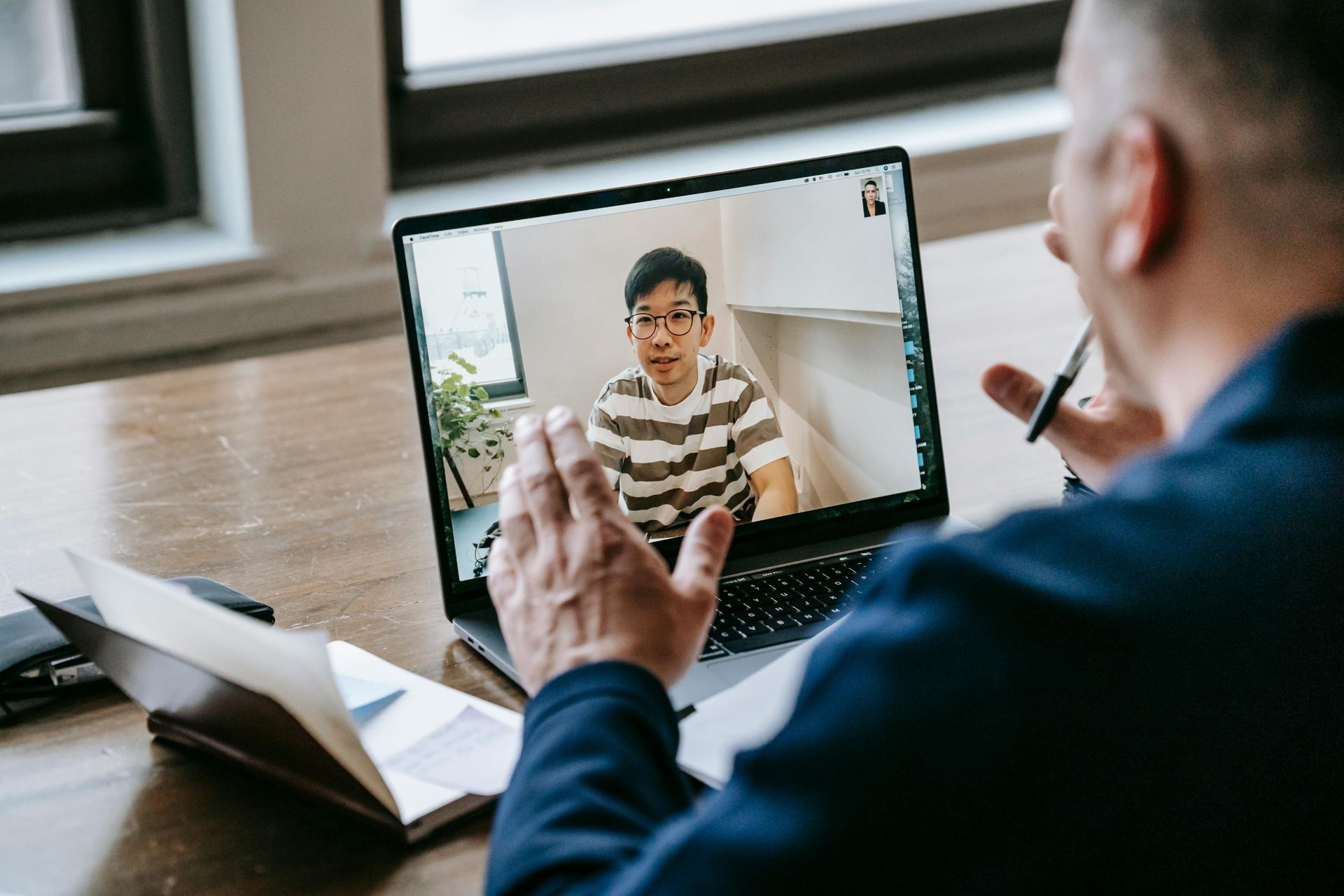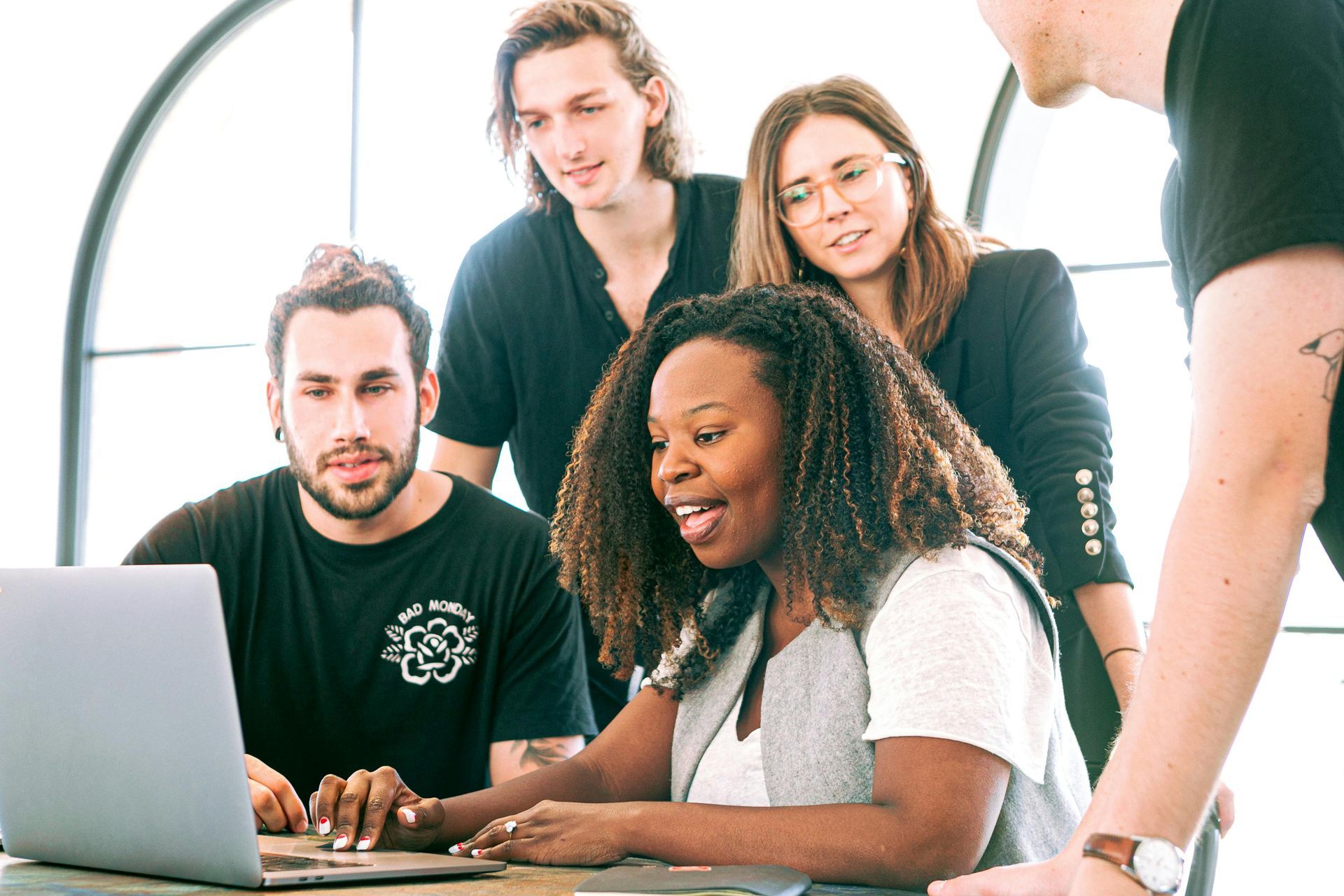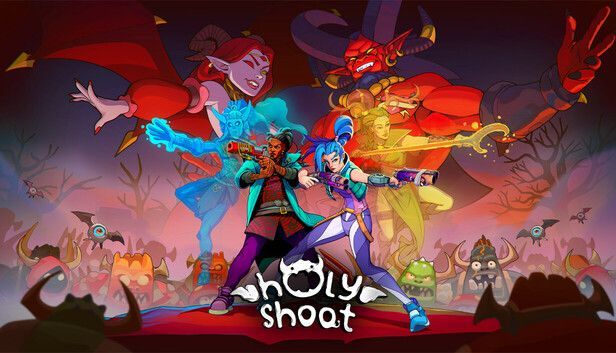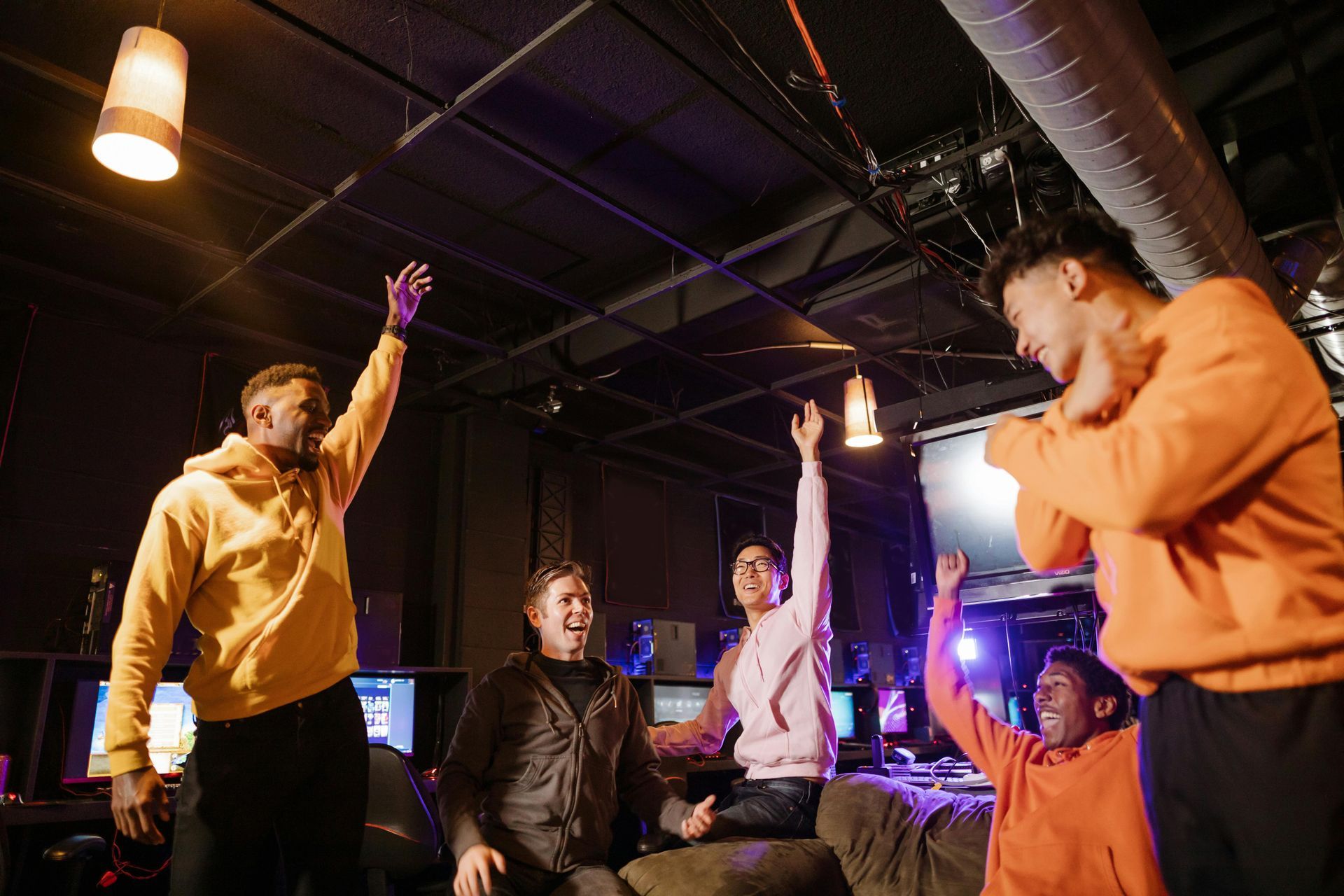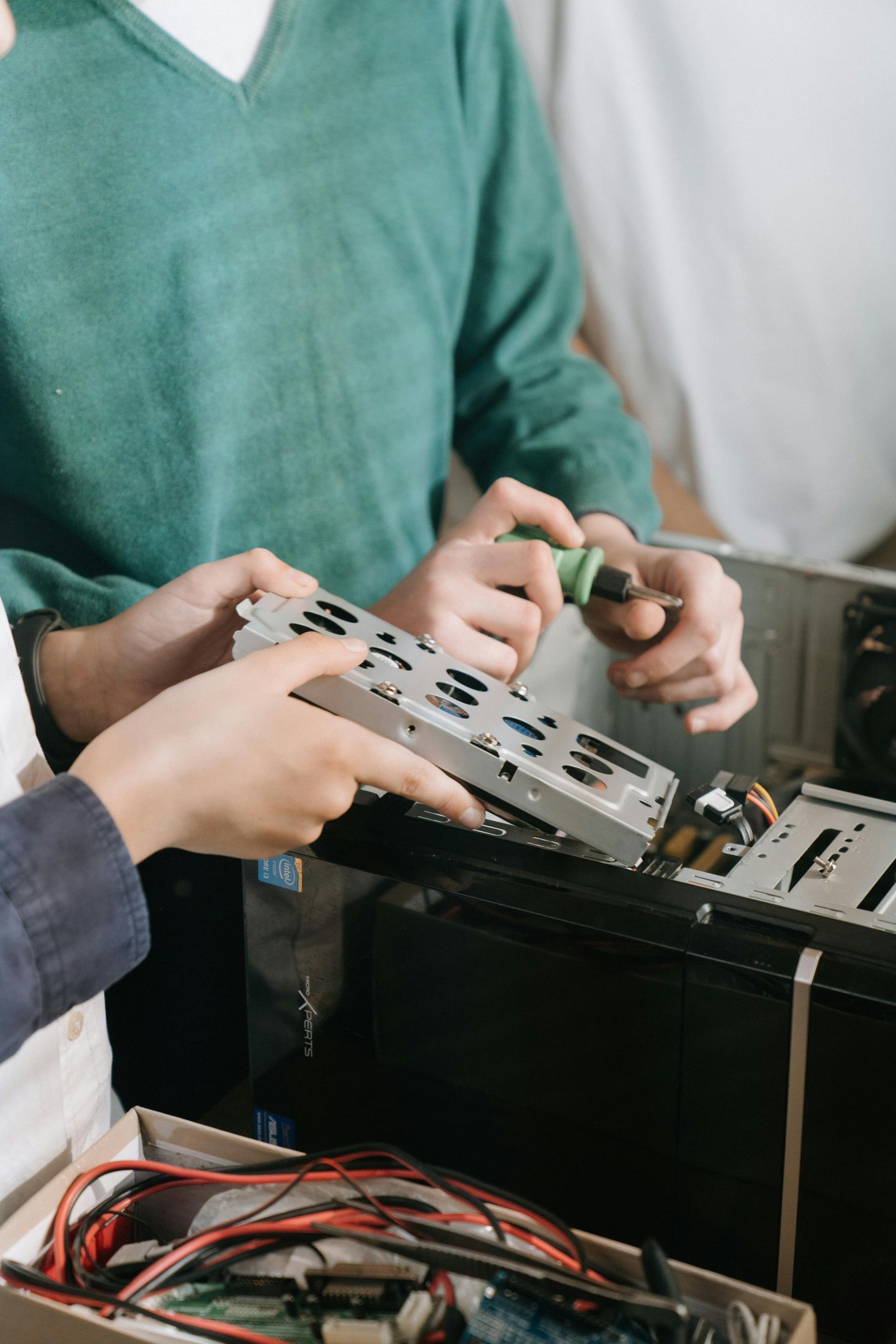SUPPORTING THE NEXT WAVE OF ONLINE LEARNING PART ONE!
How IP House Facilitates the Growth and Scalability of EdTech Platforms

In this first part of a two-series article, we explore some of the main areas of development for Educational Technology and how IP House London is the ideal partner to support online learning providers. Also, we examine the growth of the Educational Technology (EdTech) market and Massive Open Online Courses (MOOC) and Virtual Reality in Education.
Growth of the UK Educational Technology Market
“The UK EdTech market recorded growth of 37.4% in 2023 due to the rise in internet penetration and digital literacy.”
Source: Global data.com, Feb 23rd, 2024
In 2023, the UK EdTech market size was valued at $6.73 billion which is indicative of the continued growth over recent years. In 2020 the growth rate was a staggering 72%,
“With a reported 72% growth in 2020, the UK’s EdTech industry is among the fastest growing in Europe. Venture capital investment in London-based EdTech firms increased by 21% to £67 million between 2019 and 2020, while £92 million was invested in emerging EdTech nationwide in 2020.”
Source:
Great.gov.uk, 2020
Affordable online education and the increase in use of mobile devices for online learning are two key factors behind the market growth. In addition to this, the increasing availability of high-speed internet and flexible modules have also influenced the upward trend. IP House London colocation data centre works with educational organisations to meet the increasing demands of the EdTech industry. Let’s now examine two main areas of technological development for the online education sector.
Part One
- Massive Open Online Courses (MOOC)
- Virtual Reality in Education
Massive Open Online Courses (MOOC)
MOOC stands for ‘Massive Open Online Course’. They are a type of distance learning which is accessible and free for anyone worldwide. ‘Massive’ because they can often attract hundreds of thousands of students globally and ‘Open’ as anyone can take them for free. Plus, course materials are available under a Creative Commons license for reuse.
More and more people are signing up for MOOCs to learn new skills in their free time. These courses provide flexibility and a customisable learning experience for students. From 2007 to 2019, the number of people enrolled in online courses increased from 4% to 17%. In 2024, it is estimated that about 21% of people in the UK study online,
“In recent years, online education has become one of the most popular ways to learn in the UK, with 21% of British people using online learning of some kind.”
Source:
Oxfordcollege.ac, 2024
Where did MOOCs come from?
MOOCs emerged from the open educational resources (OER) movement, connecting digital materials to networks of learners. They continued the existing development of distance education. ‘MOOC’ was coined as a term by Dave Cormier in 2008 to describe a course by George Siemens and Stephen Downes on 'Connectivism and Connectivity in Knowledge'. Early MOOCs, based on connectivist principles, were informal and interaction-focused. By 2012, US and UK universities had developed their own MOOCs, soon followed by commercial platforms such as Coursera and EdX. In 2012 the New York Times named it ‘The Year of the MOOC’.
IP House Supporting the Infrastructure for MOOCs
IP House London is a favourite choice for online educational providers. Our colocation services are able to meet the significant demands of ‘Massive Open Online Courses’ with scalable and reliable IT resources. As courses grow in popularity, IP House can flexibly and rapidly cater for your requirements.
Virtual Reality in Education
“One of the main educational benefits of VR is that it can increase learner engagement. It is often challenging to maintain pupils' attention and interest while using standard teaching methods.”
Source:
CIO News, March 11, 2024
Virtual Reality (VR) is cutting-edge technology that uses visual, auditory, and other sensory elements. Wearing a headset to simulate different environments, students can have a fully immersive learning experience. As VR applications have advanced, their usage in primary, secondary, and higher education has grown considerably. Nowadays, virtual reality offers students an interactive and dynamic learning experience.
Students can engage with real-world scenarios without any physical risks to their wellbeing. In VR, students can experience events instead of just reading about them or listening to the teacher. This is brilliant for subjects such as science and history.
VR is an immersive learning approach which is more engaging than traditional methods and it helps students to retain information better. Furthermore, VR can teach complicated social issues and situations including discrimination such as racism, gender inequality, and so on. In short, VR can transform educational experiences and outcomes to really enhance the learning experience for students of all ages from primary to university level.
IP House Supporting Virtual Reality
Low-latency networks are crucial for immersive VR-based learning experiences. This is one of the key areas that IP House can support Virutal Reality educational technology in schools, colleges and universities.
Stay tuned for Part Two where we explore Big Data, Analytics, Adaptive Learning and Cybersecurity and how IP House supports these types of EdTech. We will also summarise the main reasons why IP House is an excellent partner for online learning providers.
Get in touch today about partnering your educational organisation with IP House! Fill out the contact form below.
Sources:
1. https://www.advance-he.ac.uk/knowledge-hub/massive-open-online-course-mooc
3. https://www.zenzero.co.uk/news/adaptive-learning-technology-how-is-vr-used-in-education
Contact Us
